Gourmet Survival: Preparing for the Apocalypse as a Middle-Class Foodie
Amid ongoing global tensions, from Russian hybrid warfare to cyberattacks, the topic of contingency planning has resurfaced as a pressing concern.
In France, every household will soon receive a detailed 30-page guide aimed at boosting public resilience during various crises, as stated by a government spokesperson. Similarly, Sweden recently updated its crisis management booklet titled “In Case of Crisis or War.” Other European nations, including Finland, Denmark, Germany, and the Baltic countries, have also initiated emergency preparedness strategies, while Norway has advised citizens to stockpile food since 2018.
While the UK has yet to release a similar guide, its government has a dedicated website recommending that households establish an emergency plan. Suggestions include assembling an emergency kit filled with non-perishable food items that require no cooking, such as ready-to-eat canned meats, fruits, or veggies—along with a can opener—and of course, provisions for pets.
One can’t help but assume that responsible pet owners won’t overlook their furry companions; however, what about their own food supplies? Many are likely unprepared.
In the United States, the idea of prepping has gained traction, with estimates suggesting that around 20 million Americans are actively preparing for potential disasters. In the UK, the trend is less widespread but growing; online retailers report selling thousands of emergency food kits monthly, and several individuals have begun assembling their own survival stockpiles, particularly in light of past shortages, such as during the toilet paper crisis of 2020.
That said, why must survival rations be so rudimentary? In the face of societal collapse, could we not enjoy our final meals more elegantly than with cold canned beans and preserved tuna?
Here at The Sunday Times, we seek inventive solutions; thus, I consulted culinary experts rather than traditional survivalists. The gastronomical community, known for its creativity, is unlikely to resort to instant noodles even during dire circumstances.
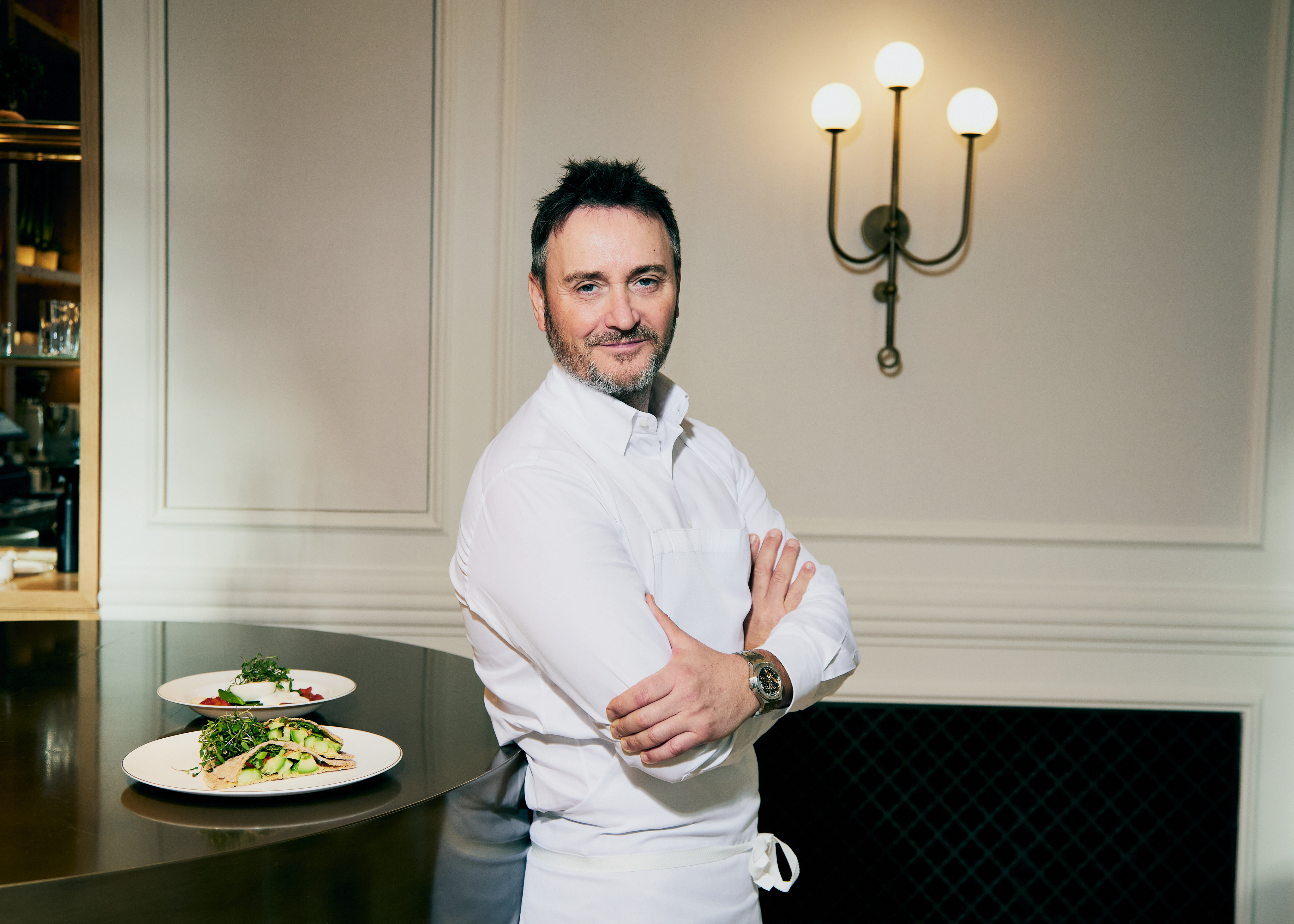
Renowned chef Jason Atherton, whose latest restaurant, Row on 5, recently earned its first Michelin star, remarks, “Chefs are inherently resourceful when it comes to flavor, even with the simplest canned goods.”
Atherton’s survival pantry is impressively stocked; his essentials include premium ingredients like Andalusian olive oil, vinegars, an array of spices, and gourmet canned goods such as anchovies and high-quality beef stock. “If we’re to face the end, let’s do it with flair,” he declares.
Picture a scenario where the power is out and communication is severed. Atherton’s dinner would consist of soup pistou with anchovies, followed by a rustic bean salad featuring canned tuna, dried herbs, charcuterie, and pickled vegetables. For dessert? “Spanish apricots and almonds with Hokkaido cream,” he adds.

At a recent conference, Admiral Sir Tony Radakin noted the importance of adopting lessons from Swedish emergency planning protocols.
Our food editor, Tony Turnbull, also has a strategy: a stockpile of olives. “Surviving without them would be unbearable during a nuclear winter,” he states, recommending Perelló gordal olives for their tangy flavor and availability in large tins.
As for protein, Turnbull mentions that Americans have access to whole canned chickens, which are presently unavailable in the UK. Instead, he will settle for canned sea bass in salsa verde paired with Albarino wine, along with essentials like corned beef and baked beans to enjoy during long, somber nights.
TV chef Matt Tebbutt, known for his Saturday Kitchen segment, advises against chips in post-apocalyptic scenarios but highlights cooking essentials such as anchovies and flour. He emphasizes that one does not have to languish in despair; foraging for wild ingredients like nettles and garlic will augment his meals in a world turned upside down. “I’ll create flatbreads, stews, and roasts in my wood-fired oven,” he asserts confidently.
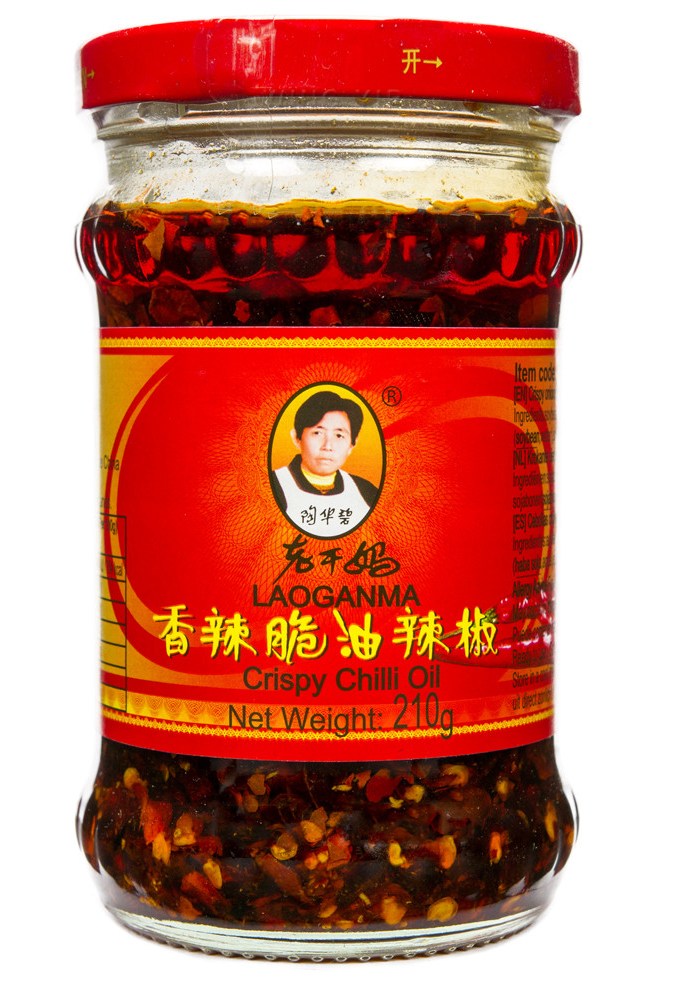
But what if your skills lie in food critique rather than meal preparation? For London’s restaurant critic Charlotte Ivers, her apocalypse pantry would include ample tinned chickpeas, robust olive oil, tahini, and za’atar. “Creating hummus seems like a delightful way to spend the end times,” she quips, adding that spicy Lao Gan Ma oil would help mask the taste of whatever she might forage.
No. If the alarms ever sound, I plan to emulate Richard Corrigan, a three-time winner of the Great British Menu, who would leave his urban restaurants behind for his estate in Ireland. In the absence of an escape flight, he’d swim. Given his extensive collection of shotguns, he’d secure the area while nourishing the local community. “Always ensure there’s enough gin and tonic,” he says. He adds essentials like high-quality pasta, fine Maldon salt, and the best Italian canned tomatoes.

I suggest that cassoulet might be a good option, to which he replies that it’s overpriced and akin to dog food. Instead, he prefers sardines for their versatility, serving Mediterranean-style dishes on a camping stove.
In an effort to gain favor, I propose bringing along board games. “No, bring a songbook instead,” he responds, suggesting a gathering around a piano with gin and tonic in hand, reminiscing about music-filled evenings during the pandemic. “That’s how we would spend our time once again—singing songs and sharing experiences with friends as the world changes around us.” Bring on the end times.
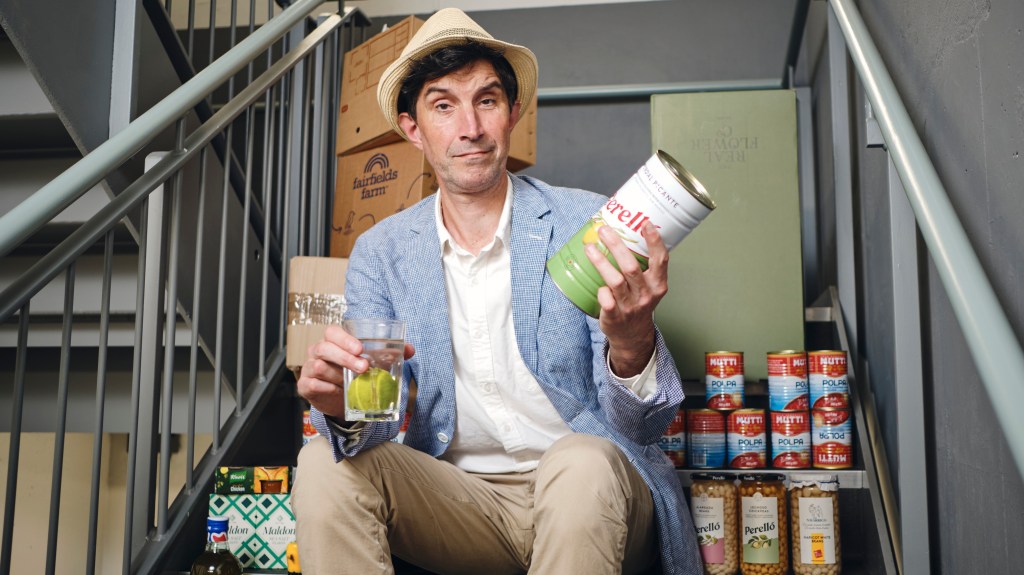
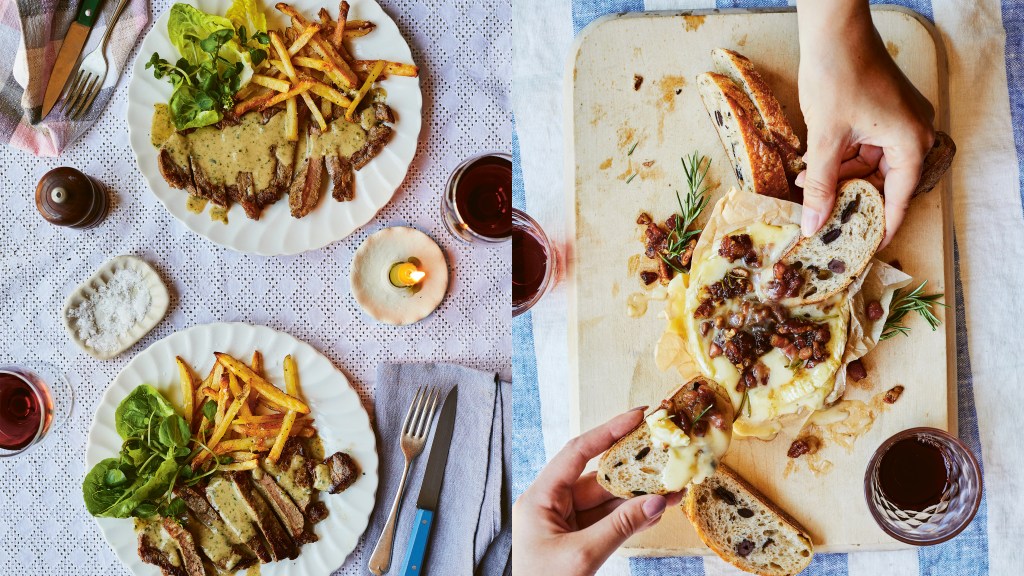

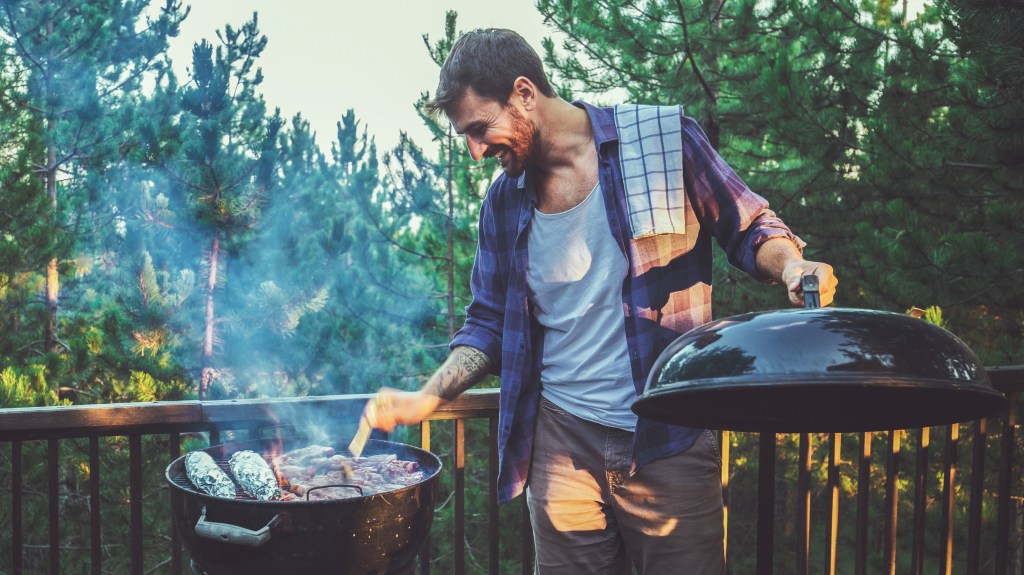
Post Comment